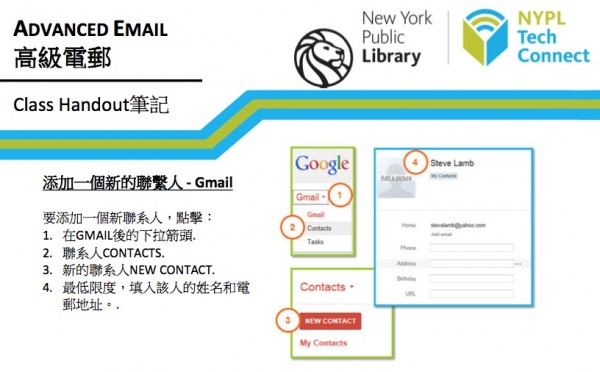The How to Lose Your Techie Librarians memes have gotten a lot more traction than people talking about Library 2.0, mainly because we don’t have to discuss whether techie librarians exist or not. They do, we do, and we’re all over the place. There are also computers all over the place which in my neck of the woods has more to do with the Gates Foundation and less to do with technology advocacy. Is it a surprise that people who use technology enough to become bloggers are also technology advocates? I’ve been reading some thought provoking pieces over the past few days which I’ll list here
- Rory has been keeping up with his blog and wrote a long piece about technology advocacy and his ideas about technophilia. While I think his tone verges on the negative, which often happens when people talk about things they don’t like about “bloggers” without addressing one person or idea directly, I think I can still extract what he’s getting at. I also question his listing of the presumptions of what he perceives to be the tech advocates. While he is comfortable calling people’s ideas and assumptions “irrational” because they aren’t supported by research, he is also dismissive of people’s conclusions on topics that are well-researched, such as the tech savviness of newer younger library users, making his assumptions seem equally irrational. I’m always sorry when people feel that any group of people to which I belong feels exclusionary to them because I aim towards openness generally and because I know it can feel bad to be left out. On the other hand, I don’t feel that tossing around words like “perverse” is a good way to get a dialogue started, it sounds too much like choosing sides. On the other other hand, I have known Rory for a while and know that he’s no luddite, he’s just more on the cautionary side of technology adoption and advocacy than, say, I am. I think we’re both pretty skeptical of gadgets, bad technology for sale by bad companies, and the hype and boosterism involved in the marketplace generally, we just express it differently. Read what he says and think about it. You don’t have to agree to get good ideas from it.
- This prompted a response and a longer response with a lengthy follow-up comment over at …the thoughts are broken… with even more food for thought and rundown of the ideas involved from another biblioblogger and library student who doesn’t always feel quite in the loop.
- Contrast this with super-techie Karen Coombs talking about new-fangled AJAX and how and why it does what it does. This is in response somewhat to Walt’s post making a flip reference to “all the cool people” being seemingly dismissive about usability at Computers in Libraries. Walt asks, Karen answers, people learn. Good.
- Last in the list is an essay from Rick Anderson that is part of a chapter he wrote for Attracting, Educating and Serving Remote Users Through the Web: A How-To-Do-It Manual for Librarians where he discusses some very real truths about the world we find outselves in, as information professionals. I specifically found this line interesting “[I]n fact, what we are seeing is the end of a world – a world in which information is mostly published and distributed in print formats. That world is gone. We are not talking about a change that is going to happen someday or that is just starting to happen – the revolution is over, and online has won.” Now if you read the rest of the essay, he’s not some zealot telling us to replace our OPAC with Google, he’s just talking about risk, and the way that electronic information is different from print, and the way mastery of both is important, but different. I like this essay.
Now from my perspective, as much as I love my technophile friends, it’s the people who are in the first stages of coming in to the profession (Rory and I are both at about the ten year mark I think) whose perspectives on technology I’m curious about. I’ve said before, I grew up with technology, my father had a job with the word “technologist” in the title and to me computers are like video games, big fun problems to solve. When I work with librarians in this region, a less wired area, I complement [and compliment] the library staff. I do not tell them that “I am the future” or that they should all get ipods, though when they tell me that they hear that MySpace is where all the sexual predators hang out, I try to tell them what I know. When they think about getting their catalog online, I try to help them choose a sensible way to do it. My feeling is that technology will continue to be a growing part of libraries now and in the future and we can either choose to learn the technology ourselves, or get it sold [or given] to us by people who may not have our best interests at heart. I think we ignore technology at our own peril.
I teach email to old people, I teach technology to librarians, and I co-manage an online community of 30,000 people. I think we need to use technology sensibly, purchase technology sensibly, and encourage people to talk about technology so that it doesn’t become some oogyboogy topic like sex or religion that people feel that everyone else has already made up their mind on.
